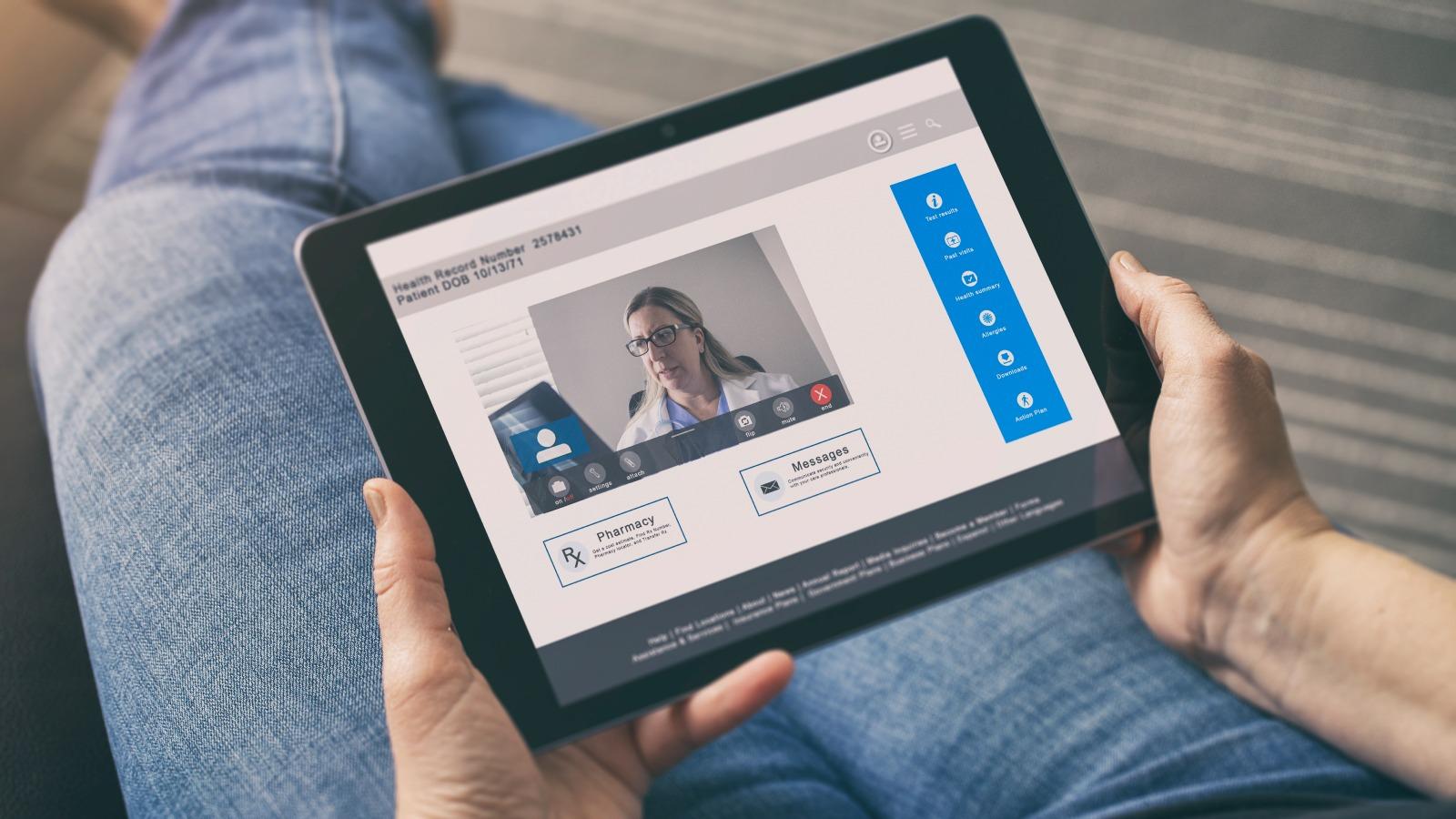Navigating the promise and pitfalls of digital health integration
Integrating digital health (DH) into the standard of care has been praised as one of the next big disruptions in healthcare. Higher efficiency of care, better treatment outcomes as well as improved feedback loops between healthcare stakeholders are just a few of the advantages that digital can bring to health. Despite the benefits, recent examples still show that digital health is struggling to become an established part of modern healthcare. Pear Therapeutics, one of the most praised DH companies in the world, filed for bankruptcy in April 20231, and zanadio, offering clinically validated solutions to address obesity, declared bankruptcy under the German legislation just a month later2, highlighting the ongoing challenge of digital health in fully entering the realms of doctors and patients.
Systematic challenges for widespread adoption of digital health solutions persist
Specific systemic challenges in the healthcare system are still impeding the widespread adoption of digital health solutions. These include, but are not limited to:
- 1Fragmented health tech architectures, complicating the creation of interfaces and integration of digital health tools into existing systems such as EHR (electronic health records) or practice management software. Furthermore, high system complexity often slows down efforts at renovation to overhaul and simplify system landscapes
- 2Challenges associated with obtaining reimbursement and negotiating fair pricing, driven both by only slowly-evolving processes to integrate digital health into reimbursement systems as well as by low enthusiasm among many payers. These continue to deter many manufacturers from investing in digital health solutions
- 3The slow pace of trust-building among healthcare professionals in recommending and prescribing digital health solutions, coupled with lengthy adjustment cycles for care guidelines, limiting their integration into everyday healthcare practices. While this seems to be tied to generational differences, the culture shift is only happening slowly in many healthcare environments
Building blocks for successful digital health adoption
To harness the full potential of digital health, and overcome the challenges outlined, several functional requirements need to synergize to create an environment for successful development and utilization of digital health solutions (Exhibit 1):

Recommended reading
Decoding digital health: A practical, experience-based guide
Digital health’s inroad into the healthcare system
Bearing these building blocks in mind, the digital health revolution is already making significant inroads into healthcare systems:
- Healthcare systems and regulatory bodies are increasingly embracing digital health and the digitization of healthcare as integral components of their policies. This shift is driven by a growing emphasis on improving overall efficiency and addressing the challenges posed by tightening healthcare budgets
- Digital health ecosystems are emerging, fostering connections between private startups, academic institutions, healthcare providers (including provider networks), and venture capitalists. These collaborations are instrumental in advancing the field, with fresh ideas and new perspectives
- Healthcare data is increasingly being collected and organized, enabling valuable insights to be generated. Moreover, there is a growing track record of securely handling personal health data, instilling trust among patients and healthcare professionals
As work to improve the frame conditions for digital health continues, dedicated players are continuing to develop and launch digital health solutions, pushing the digital boundary of health further by the day. As yet, it seems pharmaceutical companies (PharmaCos) are not securing their share of what the digital space can offer - especially when looking at solutions directly addressed at patients.
Case study Germany: Pharmaceutical sector losing contact to patients
Looking at Germany as a case study, the success of digital health solutions is still just picking up pace now. Between September 2020 and September 2022, only around 200,000 digital health solutions were prescribed to patients by German doctors under the “DiGA'' process.3 While the number of digital health prescriptions is constantly rising, compared to the overall number of prescriptions (462 million in 20224) the relevance of digital health solutions in the standard of care is still negligible (around 0.02% of all prescriptions).
In Germany, patient-facing digital health solutions are predominantly championed by dedicated digital health players or those from the (medical) technology sector, while only one solution amongst Germany's reimbursed "DiGA" applications originates from a PharmaCo:

Among the top 50 medical smartphone apps, only a few are developed by PharmaCos or their subsidiaries. In the race to attract patients in the digital health arena, tech and non-pharma entities currently hold the lead in meeting patient needs in their daily lives.
While the situation may differ by geography, it seems that overall, the digital health race is currently dominated by digital natives instead of health experts. The challenge here is that, while those companies dominate in their own field of scaling digital solutions, startups and MedTech players are missing out on the systemic opportunities to integrate digital health with existing drug treatments to create real benefit for patients and healthcare systems.
Call to action for PharmaCos
Unlike small providers, PharmaCos offer the pharmaceutical knowledge and capability to scale across large medical and healthcare networks. In leveraging their understanding of health systems, medical expertise derived from drug development, and established positioning within healthcare ecosystems, they hold significant potential to build trust among healthcare providers and drive digital health adoption. Still, it seems that digital health remains a case to crack for PharmaCos, as broad adoption and success are yet to fully take root and patient-facing solutions, in particular, still struggle to gain traction among doctors and wider patient populations.
PharmaCos will need to carefully review and adjust their way of operating if they want to continue exploring the digital space as offering an innovation roadmap and a way of staying relevant in the patients' lives of tomorrow. In our upcoming edition of “Decoding digital health” we will explore how PharmaCos can effectively develop digital health solutions and overcome the systemic challenges prevailing in the market.
Jasmin Schaefer and Lynn Albright also contributed to this report.




